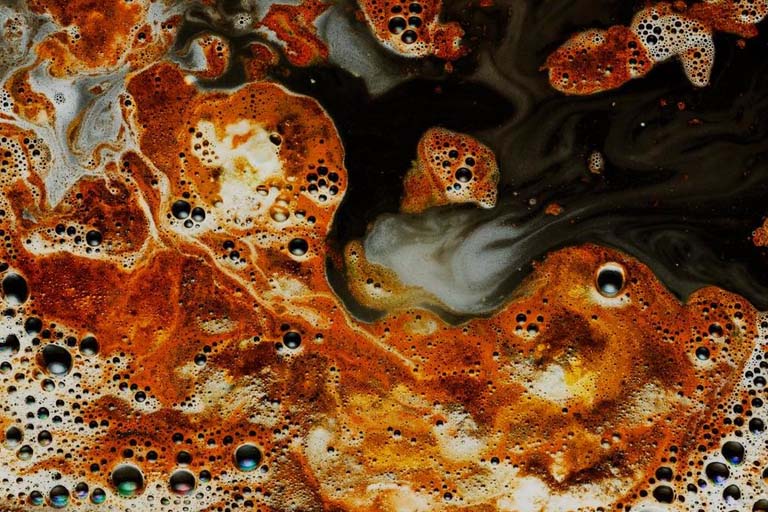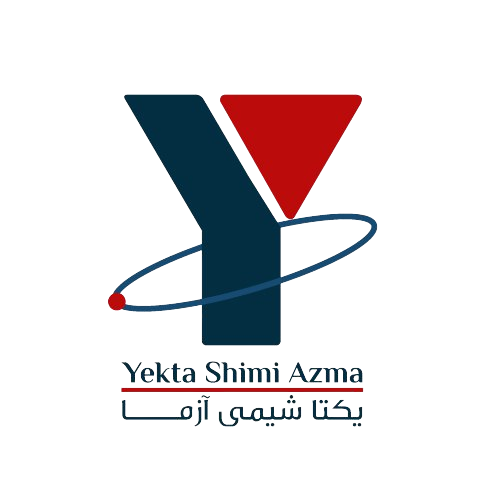
Industrial Cleaners
What is Industrial Cleaners?
Industrial cleaners are used for degreasing, cleaning, and sometimes disinfecting various surfaces, equipment, tanks, and machinery. These materials are selected in different grades and types across industries to remove the so-called dirt, waste, or pollutants. a single detergent cannot clean all kinds of contaminants on all surfaces in various industries. In the past, traditional cleaners were used for cleaning processes. However, they are replaced by industrial detergents due to issues like time-consuming cleaning, unpleasant odor, environmental pollution, lack of safety, and surface damage like corrosion and flammability. Industrial cleaners in liquid and solid forms can be suitable for use in factories, the oilfield and petrochemical industry, transportation, water treatment, cosmetics, polymers, paints, textiles, food processing, agriculture, and more. For deep contamination, mechanized devices such as high-pressure water jets with hot or cold water, scrubbers, and similar equipment are used, as these machines enhance the effectiveness of cleaners in removing contaminants.
Cleaning and washing petroleum equipment, ships, trucks, trains, storage tanks for fuel and petroleum products, as well as other tanks used for chemical storage, are challenging and important. Cleaning pollution, oils, petroleum derivatives, and hydrocarbons increases the efficiency and lifespan of equipment and vehicles. For example, contaminated tanks and ships may leak substances into the environment, leading to water and soil pollution and endangering ecosystems. The release of harmful hydrocarbons and volatile organic compounds (VOCs) into the atmosphere contributes to air pollution. The oils from these substances accumulate on various surfaces, reducing their effectiveness. In addition to chemicals and petroleum products, sludge and deposits or scales can accumulate on surfaces, reducing productivity.
sometimes water jets or other mechanical tools are necessary for washing, and surfaces need to be disinfected afterward. For example, in food product tanks or tanks that will be repurposed for carrying cosmetic or food materials after thorough cleaning, surface disinfection is critical. To help maximize cleaner efficiency, we try to provide not only the best cleaner suited to your needs but also the correct way to use it and its useful concentration.
Types of Industrial Cleaners
Various cleaners are used based on factors like the type of ingredients (have corrosion-resistant metals or not), type of contamination (oil, petroleum, chemicals, sludge, asphaltene, grease, plastic residues, various deposits, etc.), depth of contamination, target washing area, tools used, regulatory requirements, environmental considerations, etc. These industrial cleaners are based on various chemicals with a wide range of pH (acidic, alkaline, and neutral) and different thermal tolerances. Solvents and water are the basic ingredients of detergents, but the placement of different surfactants (anionic, cationic, amphoteric, and non-ionic) next to them gives the detergent the power of cleaning, degreasing, dispersing, foaming, wetting, thickening, anticorrosive, etc.
Surfactants, one of the critical components in cleaners, are derived from “SURFace, ACTive, AgeNT.” They consist of a hydrophilic (water-loving or polar) part and a hydrophobic (oil-loving) part. The hydrophobic part, composed of a hydrocarbon chain with different carbon numbers, is attracted to oils, while the hydrophilic part moves towards water and can be positively charged (cation), negatively charged (anion), positive and negative at the same time (amphoteric) or uncharged (non-ionic). This breaks the bond between water and oil (or other contaminants), allowing pollutants to be suspended and eventually removed from surfaces. While individual cleaning components may not be safe, the combination of chemicals and reactions among them creates a safe cleaner with various properties to tackle a range of contaminants.
Environmentally Friendly Industrial Cleaners
With Yekta Shimi Azma’s motto of "Improving Quality with Green Chemistry," we not only provide high-quality and affordable industrial cleaners but also prioritize environmental safety. We offer products that pose minimal risk to humans and the environment, even if they enter wastewater or the ocean, ensuring they are safe for soil, water, and living organisms. Nevertheless, always observe safety precautions when using chemical cleaners, solvents, and additives, and avoid frequent contact, ingestion, inhalation, or exposure to eyes, mouth, skin, and so forth.
The Importance of Choosing the Most Effective Industrial Cleaner
Industrial cleaners respond differently to various types of contamination. Some contaminants require strong cleaning or corrosion protection, while others need only superficial cleaning and disinfection. We are here to help you choose the best cleaner.
Yekta Shimi Azma’s Bio Industrial Cleaner-Y series, including Bio Industrial Cleaner-Y4S, Bio Industrial Cleaner-Y100, Bio Industrial Cleaner-Y101, Bio Industrial Cleaner-Y200, and Bio Industrial Cleaner-Y202, offers powerful cleaning for oil-based contaminants (residues of diesel, mazut, hydrocarbons, etc.), chemicals, plastics, sludge, and various deposits on different surfaces. If you share your specific challenges with us, we’ll recommend the ideal cleaner for your needs. Some of our cleaners are multipurpose, offering corrosion control or bacterial reduction, acting as biocides, and suitable for disinfection. Yekta Shimi Azma company is proud to be at your service with an experienced technical team to help overcome any challenges. For purchase and more information on these industrial cleaners, please contact Yekta Shimi Azma’s technical team.

